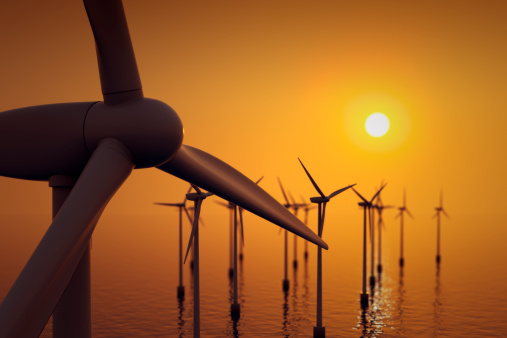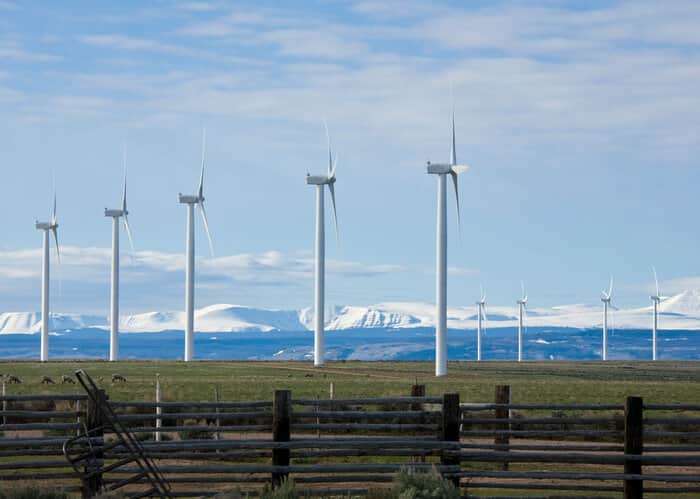 The U.K. will remain the leading offshore wind power market globally by 2025, with its installed capacity increasing to 23.2 GW from 4.5 GW in 2014, representing a compound annual growth rate (CAGR) of 30.5%, says research and consulting firm GlobalData.
The U.K. will remain the leading offshore wind power market globally by 2025, with its installed capacity increasing to 23.2 GW from 4.5 GW in 2014, representing a compound annual growth rate (CAGR) of 30.5%, says research and consulting firm GlobalData.
According to GlobalData, the U.K. accounted for a 51.3% share of global offshore capacity in 2014. Denmark and Germany followed, with respective shares of 14.5% and 11.9%.
Harshavardhan Reddy Nagatham, GlobalData's analyst covering power, says the U.K. and Denmark's shares are expected to decrease to 30.6% and 4.4%, respectively, by the end of 2025 – mainly due to other countries, such as the U.S. and China, increasing their market presence over the forecast period. Germany's share will grow to 16.1% by the end of 2025.
The U.K.'s installed offshore wind power capacity increased from 0.4 GW in 2007 to 4.5 GW in 2014, at a CAGR of 22.3%, driven primarily by strong policy support and aggressive targets.
While these factors are currently driving the market, there is more uncertainty following the U.K. environment minister's calls for a reduction in offshore wind sector costs. However, industry leaders have urged the minister to provide more clarity on long-term offshore wind power support to improve project investment.
‘The U.K. government is aiming to achieve 18 GW of offshore wind capacity installations by 2020 based on the road map laid out by the Department of Energy & Climate Change. To incentivize project development, it is looking to reduce the generation cost by 30% to $152.2/MWh.
‘Despite the higher costs of offshore wind compared to onshore, the government continues to support the former with contracts for difference, with the aim of achieving lower generation costs in the long-term and the 18 GW installation target,’ says Nagatham.
The analyst concludes that the U.K. possesses the largest offshore wind resources in Europe, with the North Sea and Irish Sea providing high-potential areas for offshore wind farm developers.
Siemens remained the U.K.'s leading offshore wind market player in 2014, attaining a 76.2% share of the country's cumulative capacity. Vestas was second at 19.9%, followed by Senvion and Samsung with 3.8% and 0.2%, respectively.



